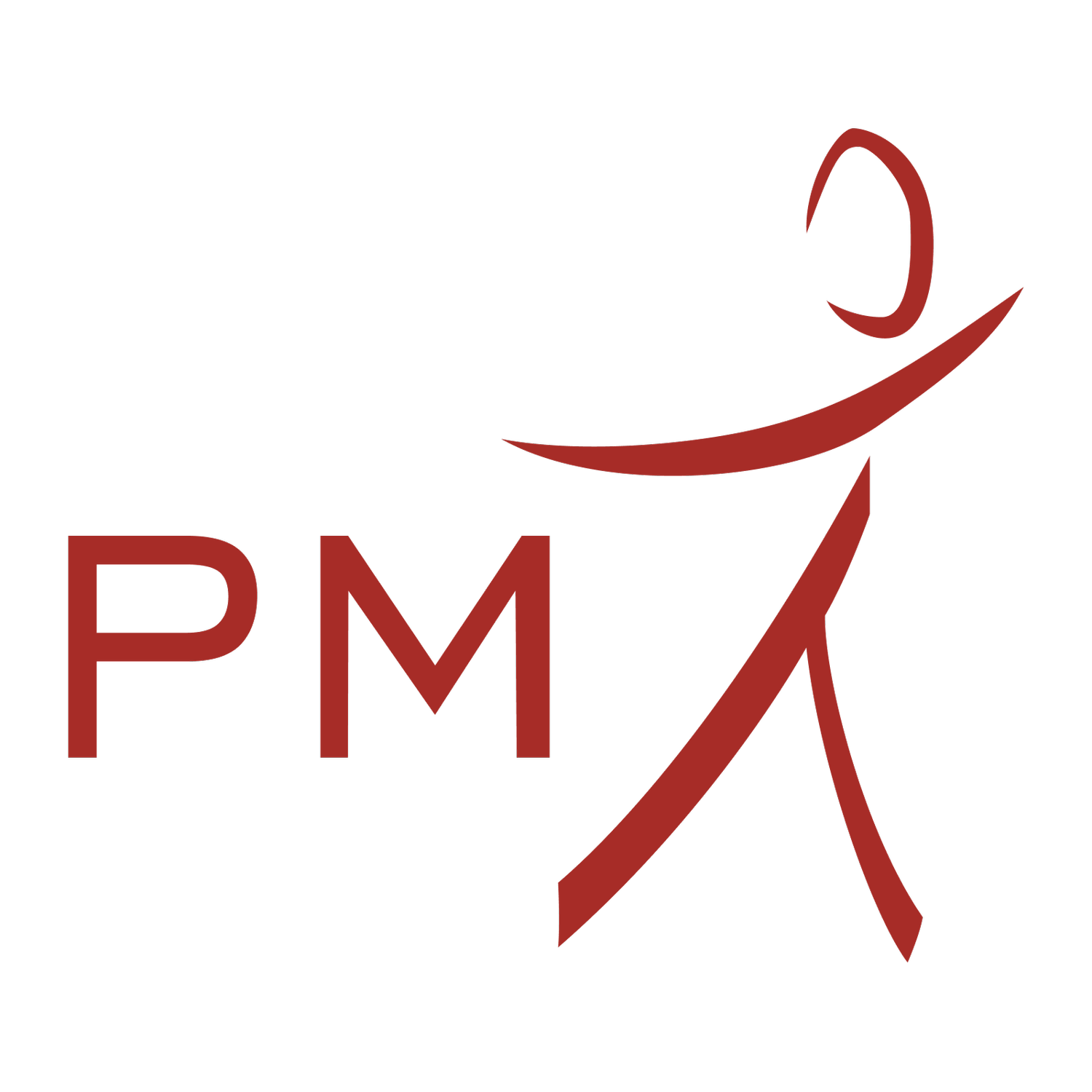Dizziness, Vertigo & Imbalance
Vestibular Rehabilitation & Physiotherapy
Your vestibular system consists of parts of the inner ear and brain that are responsible for maintaining balance. Damage or irritation from infection and other causes can result in imbalance, vertigo or dizziness.
Imbalance refers to difficulty in physically maintaining your balance in activities of daily living, for example, if you suffer from frequent falls or near falls. Imbalance may be accompanied by sensations such as vertigo or dizziness.
Vertigo is a sensation of spinning, dizziness, false sense of movement or swaying even when the person is stationary. It may be associated with nausea, vomiting, sweating or imbalance.
Dizziness is an impairment in spatial perception and stability. The term dizziness is imprecise and can refer to a wide range of feelings such as light headedness, difficulty concentrating or a ‘foggy’ feeling.
Benign Paroxysmal Positional Vertigo (BPPV)
BPPV is the most common cause of vertigo. In BPPV, small bone-like crystals in one part of the inner ear, called the otolith, make their way into the wrong part of the ear, called the semi-circular canals. This can happen to anyone, but is more likely as we age or after suffering a blow to the head.
BPPV causes very intense vertigo lasting from a few seconds to a couple of minutes, most commonly when looking up or down or when getting in and out of bed. It is sometimes accompanied by a constant feeling of less intense dizziness or light-headedness.
At the time of writing, BPPV is the easiest type of vertigo to treat with 80% of people getting better after one treatment and over 90% getting better with two treatments.
Unfortunately, once someone has had BPPV, there is a 60% likelihood that it will happen again in the future.
Rarely, chronic dizziness will occur after BPPV. This is treatable by Vestibular Rehabilitation.
BPPV is treated by moving your head and body through a specific set of movements that physically guide the crystals out of the semicircular canals.
In cases of BPPV and vestibular problems causing chronic dizziness, vestibular rehabilitation has been shown to be more effective at treating these symptoms than commonly prescribed anti-dizziness medications.
What Causes Imbalance, Vertigo & Dizziness?
Vestibular hypofunction describes the condition of one or both of the inner ears being damaged, and is the underlying problem in many cases of chronic dizziness. When the messages from your ears to your brain become imbalanced, the brain can have difficulty processing the information. The result can be the sensation of dizziness. This can happen as part of the natural ageing process, as a side effect of medication, or as a result of one of the three diseases listed below.
Labyrinthitis and Vestibular Neuronitis are two different kinds of infections of the inner ear. In severe cases, symptoms may begin with constant intense vertigo lasting for more than a day.
Meniere’s Disease causes fluid pressure in the inner ear to increase leading to acute episodes of constant intense vertigo often lasting for many hours.
Acoustic Neuromas are benign tumours on the nerve that communicates from the ear to the brain. Vestibular rehabilitation will not fight the infectious cause of labyrinthitis, nor stop the attacks from Meniere’s and it will not cure a tumour. It does not repair damage to the inner ear, but it is very effective at decreasing or eliminating the long-term symptoms caused by the brain’s response to that damage.
Other conditions that can be treated include:
Central Vestibular Dysfunction: Dizziness or vertigo caused by damage to the brain, for example, stroke or a disease of the nervous system.
Post-Concussion Syndrome: Dizziness or vertigo lasting more than several weeks after a concussion.
Cervicogenic Dizziness: Dizziness caused by musculoskeletal dysfunction.
Migraine Related Vertigo: Some attacks of vertigo even without a headache can be caused by migraines.
Chronic Subjective Dizziness: idiopathic (unknown cause) dizziness is often effectively treated with vestibular rehabilitation.
Anxiety-Related Dizziness and Dizziness-Related Anxiety: When dizziness has been interfering with someone’s life for a long time it is not uncommon for anxiety about the dizziness to accompany, and even contribute to the problem. Some people who suffer with an anxiety disorder become “hypersensitive” to sensations from their vestibular systems and experience dizziness even though nothing is wrong with their ears or their brain.
This does not mean that the problem is “all in your head” and it does not mean that there is nothing that can help. Many people with anxiety associated with dizziness and vertigo benefit from vestibular rehabilitation.
Vestibular Rehabilitation incorporates physiotherapy prescription of exercise and manual therapy to treat symptoms of imbalance, vertigo and dizziness.




